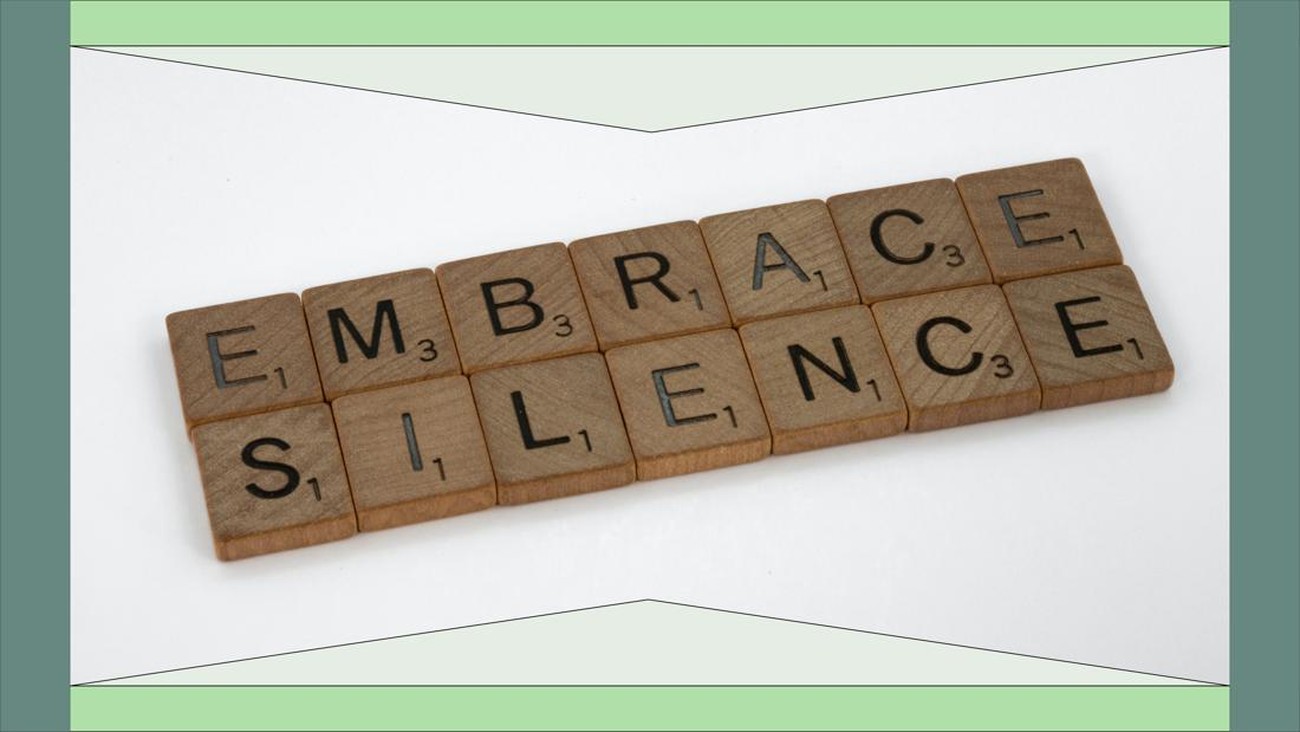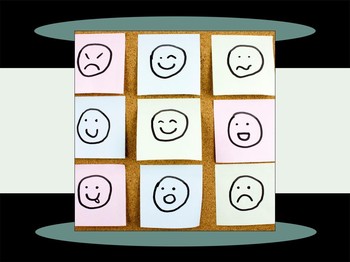I was hanging out with my friends once and was barely making sound within conversations. I was simply co-existing in the scene, something I often do. Not a while later, a friend noticed and approached me and said, "Are you okay? Did we do something wrong?" I was taken aback to receive that question because never have I ever thought that someone was translating my silence as a sign of a problem.
Another moment that made me question this phenomenon was when I was having breakfast with my co-worker in a very homey restaurant. After we finished munching down our snacks, we just sat there in silence. She immediately says, "Is it okay if I'm being quiet like this?" which I responded with a reassuring nod. The thing is, I just don't feel the necessity to always have a topic brought on the table because I know eventually a conversation will flow somehow later anyway. Even though I was also unsure what to say, I didn't feel a slight discomfort just being like that.
Not All Silence Are Uncomfortable
The Merriam-Webster dictionary defines silence as the absence of sound or noise. For many people, silence is rather unsettling, hence the term "awkward silence". However, one could argue that silence does not indicate discomfort or something entirely negative. In fact, silence can suggest the opposite; comfort.
The constant need for sound may have a correlation with the nature of human beings, we're social beings to our core. We have the need to connect and desire for acceptance. When someone doesn't give out a response as quickly as we thought, the silence can often be easily interpreted as a rejection. Insecurity instantly creeped in, you thought you said something wrong or inappropriate enough that they didn't give out an immediate reaction. Before you know it, your mind races to an action or a sentence that can "save" the situation, neutralizing the tension, balancing the awkwardness. Has it ever occurred to you?
Research at the University of Groningen, Netherlands, found that it takes only four seconds of silence in conversations for Americans to feel more rattled, rejected, or insecure. Fluent conversations are often associated with feelings of belonging, self-esteem, and social validation. When a silence, even a brief one appears, it may disrupt the flow and cause negative emotions and feelings of exclusion to rise up. On the contrary, there's another study that found how Japanese people are happy to sit in silence with others for up to 8.2 seconds. The cultural difference in silence tolerance levels may have derived from the fact that America contains a heterogeneous society, whereas Japan is more homogenous.
Personally, I do enjoy silence. I found it nice when I could just shut up for a second and comfortably share a silence with someone and they didn't worry about it as well. Maybe it's because I'm more of a listener anyway. Even if that could be the reason, I still think silence is not something atrocious. People are allowed to pause, to take a break between conversations. To have space to think and let your automatic thoughts fill the void in the room is something humane and natural. Instead of being scared of running out of things to say, it's important to embrace the quieter moments. Wouldn't it be overwhelmingly exhausting to talk all the time anyway?
Silence is simply an opportunity to pause, reflect, and gather thoughts; or to observe, take in, digest, and process. Rather than letting anxiety, insecurity, and disconnectedness cloud you, start treating silence as a way to become more comfortable with yourself and the people around.
(HAI/alm)


